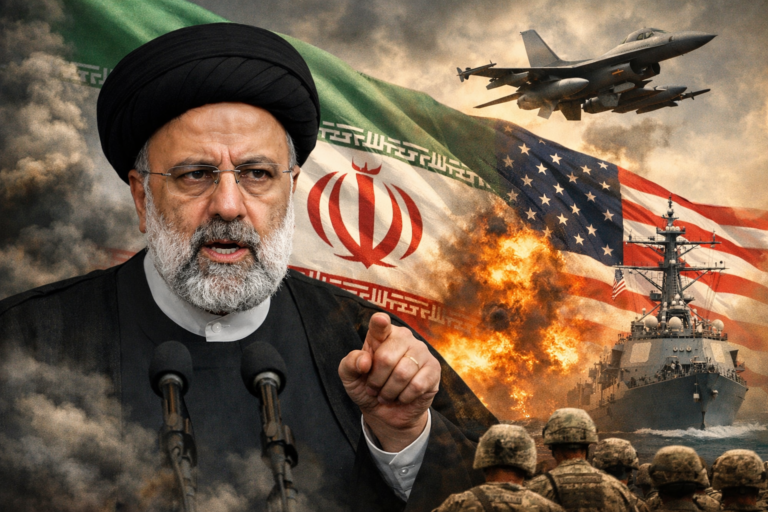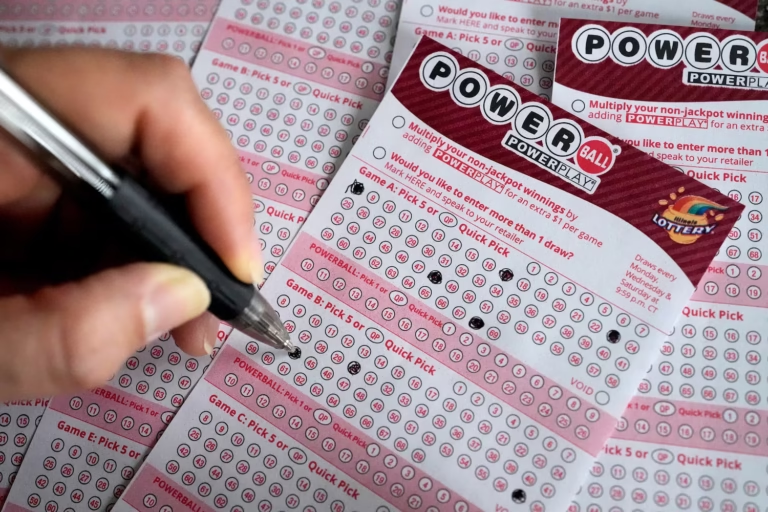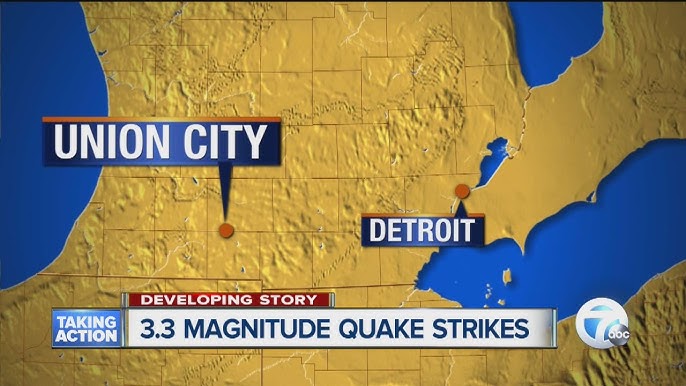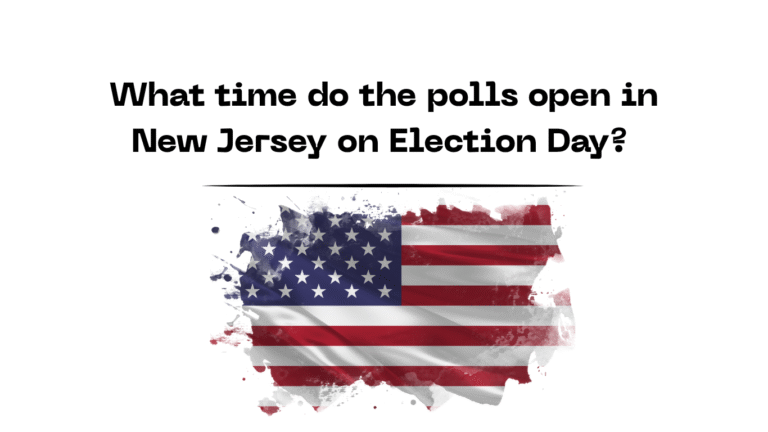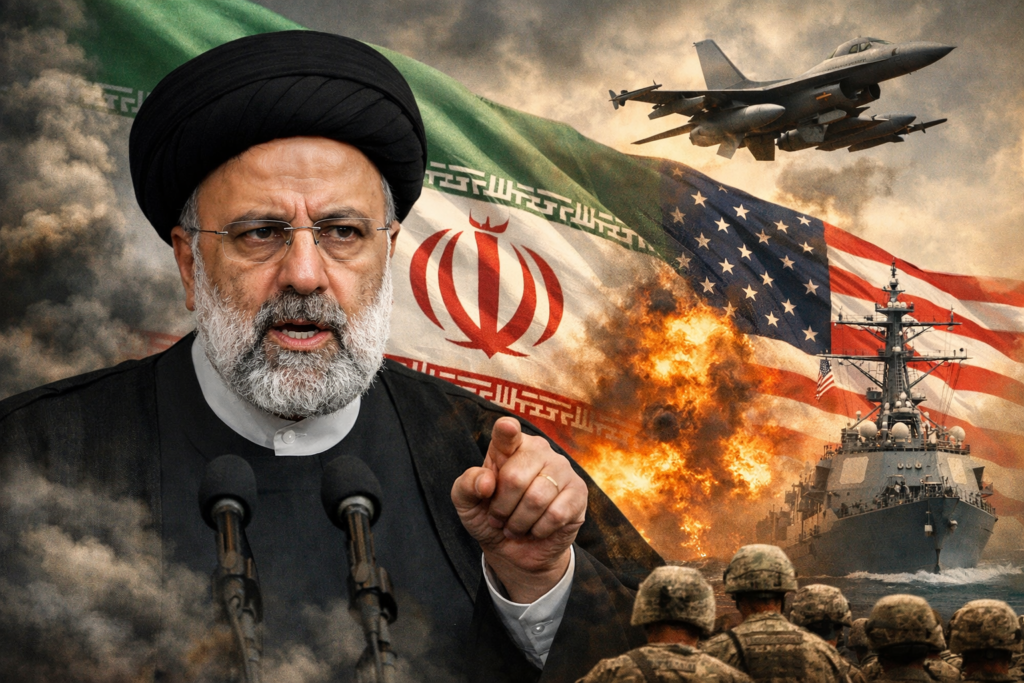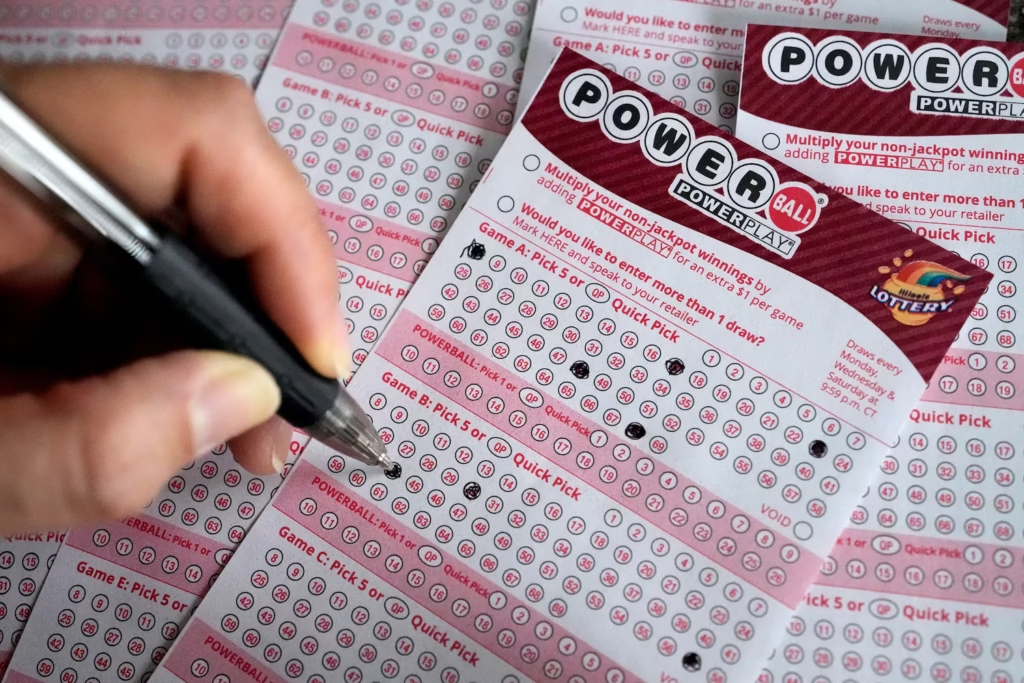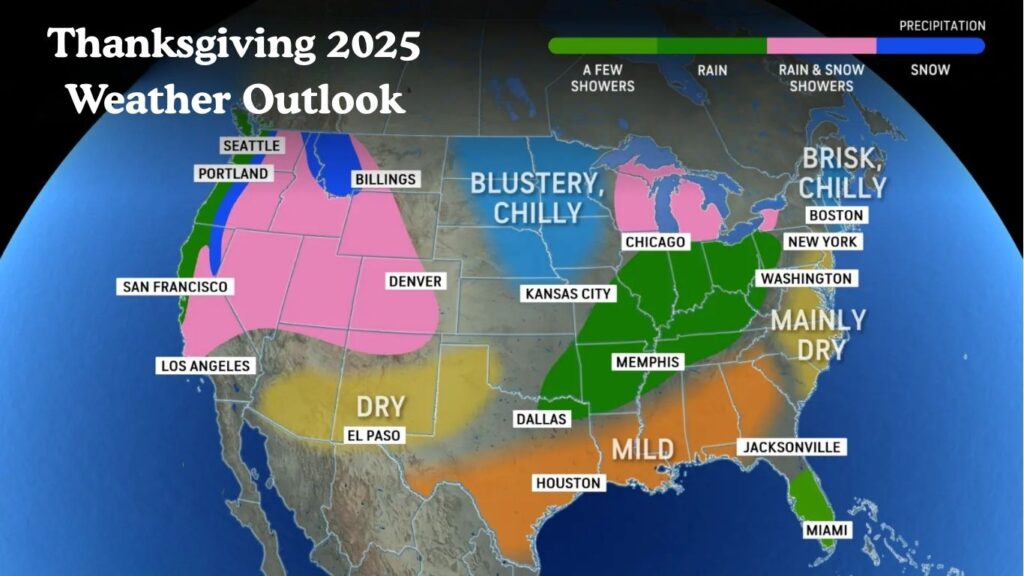When fast food meets foreign policy, the results are rarely predictable but always newsworthy. In a surprising twist of political branding and meme-worthy moments, the global financial markets have recently been shaken and stirred by what traders are now calling the “TACO Trade.” The acronym short for “Trump Always Chickens Out” originated in finance circles and quickly went viral across the meme economy.
But behind the humor lies a serious economic phenomenon: a pattern of trade tariff threats, sudden retreats, and the seismic impact these decisions have on global markets. And although Donald Trump has shown his public admiration for American burgers and even tacos in social media posts (remember his Cinco de Mayo taco bowl tweet?), he’s now calling the “TACO” trade narrative nasty a media concoction he vehemently denies.
So what exactly is the TACO Trade? Why is it upsetting markets, energizing meme-makers, and enraging Trump? Let’s dive into the full story.
What Is the “TACO Trade”?
The term “TACO Trade” was coined by Financial Times columnist Robert Armstrong and has since gained traction in global investing circles. It represents a repeating market pattern that occurs when:
- Trump announces aggressive new tariffs against global trading partners.
- Markets react sharply usually with steep drops in stock prices.
- The administration retreats or “chickens out,” delaying or reversing the tariff decision.
- Markets rebound, with investors who anticipated the reversal cashing in on the volatility.
This cycle has played out several times during Trump’s first presidency and now again in his renewed campaign of trade protectionism. While some traders have come to rely on this pattern for quick gains, others warn that it contributes to long-term market instability.
The “Liberation Day” Tariffs and Market Shock
The most recent example and perhaps the most dramatic came in April 2025. In what Trump called “Liberation Day,” he announced sweeping new tariffs on over 60 countries. The move was said to target what he described as “economic aggression” and to support American manufacturing.
Immediate Market Reaction
The market’s response was brutal and immediate. The S&P 500 lost more than $6 trillion in value in just two trading days. Global equity markets tumbled. Investor confidence was shaken. Major U.S. manufacturers and exporters began preparing for widespread supply chain disruption.
But within a week, the White House paused implementation of the tariffs claiming it was to allow for negotiations. Traders who had bet on this reversal reaped huge gains as markets rebounded. Once again, the “TACO Trade” had played out to near perfection.
Trump’s Response: “That’s a Nasty Question”
During a press conference at Mar-a-Lago on May 28, 2025, Trump was confronted with a pointed question by a reporter: “Is this another TACO Trade? Do you plan to pull back the tariffs?”
His response was telling:
“TACO? I’ve never heard that before. I love tacos. I love burgers. That’s a nasty question. We’re negotiating like champions. That’s what it’s called negotiation.”
This moment, captured live, triggered another wave of memes across social media. Trump’s denial and defense that pulling back tariffs is just “smart business” failed to calm critics who accuse him of destabilizing global trade.
The Legal Blow: U.S. Courts Push Back
Just days after the announcement of the Liberation Day tariffs, a federal judge issued a temporary injunction, halting the implementation of Trump’s tariff order. The court cited a likely overreach of executive authority, stating that the International Emergency Economic Powers Act (IEEPA) did not grant the president unlimited power over trade policy.
Congress Gets Involved
This legal backlash spurred a renewed debate in Congress over presidential powers. Several lawmakers introduced bipartisan legislation to reclaim trade authority from the executive branch. Market analysts warned that this legal uncertainty could become a new source of volatility in the weeks ahead.
Meme Economy: When Markets and Humor Collide
While institutional investors track earnings and interest rates, a parallel economy driven by memes and social commentary has emerged as a surprising influence on market sentiment. The “TACO Trade” has become a rallying point for social media traders on platforms like Reddit, X (formerly Twitter), and TikTok.
Meme Highlights
- A meme showing Trump eating a taco bowl with the caption: “I love tariffs. Just not on Tuesdays.”
- A parody stock chart labeled “Spicy Volatility” mapping each tariff announcement and reversal.
- GIFs of chickens running from tacos, symbolizing the administration’s frequent policy retreats.
In an era when memes can move markets (see: GameStop, Dogecoin), this blend of satire and stock speculation can no longer be ignored.
Wall Street’s Take on the TACO Trade
Winners
- Hedge Funds: Quick to capitalize on volatility, many hedge funds have adopted the TACO Trade as a short-term playbook.
- Options Traders: High volatility has led to soaring options premiums and day-trading opportunities.
- Commodities: Some agriculture stocks and oil futures rose amid expectations of shifting import-export patterns.
Losers
- Retail Investors: Many small investors get caught up in the hype and enter trades too late, buying during rebounds and suffering losses during declines.
- Exporters: U.S. companies dependent on overseas markets face pricing pressure and supply disruptions.
The Global Fallout
Tariffs are never just about numbers they affect people, jobs, and geopolitics. The Liberation Day tariffs, for example, targeted not only China and the EU, but also U.S. allies like Canada, South Korea, and Japan.
Retaliation Begins
Several countries have already prepared retaliatory tariffs:
- European Union: Proposing digital service taxes on U.S. tech firms.
- Mexico: Placing higher duties on U.S. corn and beef imports.
- India: Suspending defense equipment purchases unless tariffs are removed.
The World Trade Organization has scheduled an emergency hearing, while the International Monetary Fund issued a warning that “erratic trade policy” from the U.S. could destabilize post-pandemic economic recovery.
Behind the Bluff: Why Trump Retreats
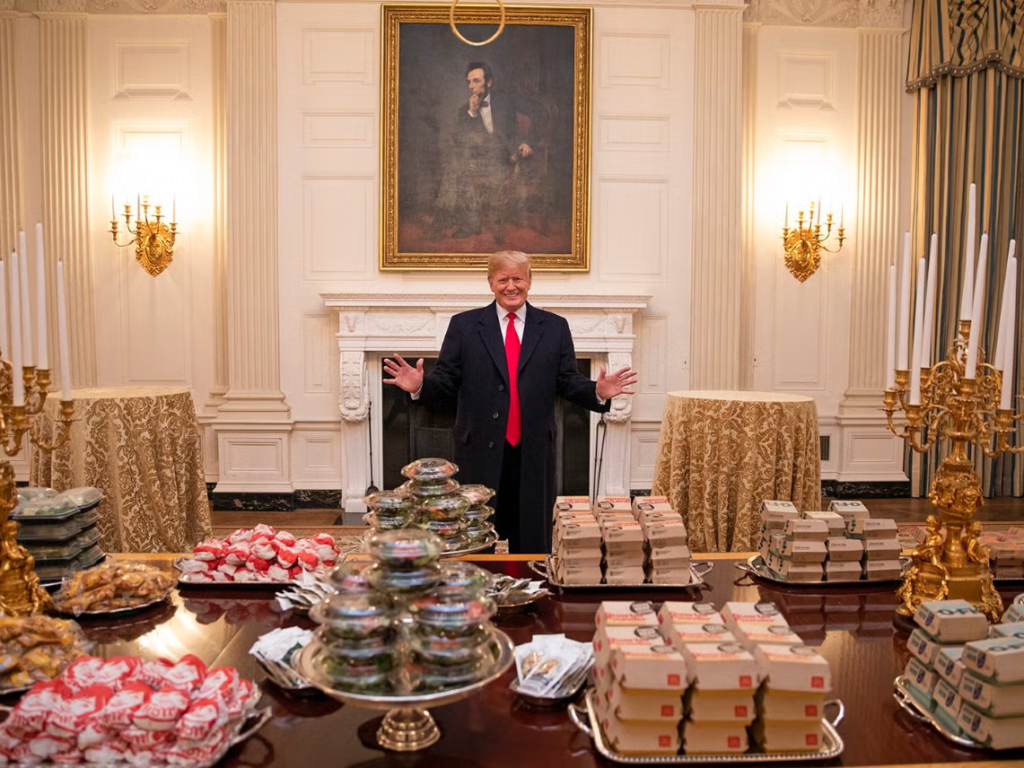
According to former White House trade advisor insiders and leaked strategy documents, Trump’s team is fully aware that sudden tariff hikes hurt consumer prices and market confidence. The strategy, insiders say, is more about optics and negotiation leverage than actual policy enforcement.
“The initial shock gets headlines. The pullback looks like a concession. Either way, Trump controls the narrative,” one anonymous aide told a news outlet.
The cycle serves a dual purpose:
- Appeasing the political base that supports “America First” rhetoric.
- Leaving room for Trump to walk back aggressive positions in return for symbolic wins from other countries.
Investor Caution: Riding the TACO Wave Safely
Veteran investors warn that while the TACO trade offers quick wins, it’s built on a foundation of uncertainty. Here’s how savvy investors are responding:
1. Diversification
Don’t bet the portfolio on a single political event. Diversify across sectors and geographies.
2. Risk Hedging
Use stop-loss orders and volatility index tracking (like the VIX) to prepare for sudden swings.
3. Information Monitoring
Follow official policy channels, legal proceedings, and credible financial journalism to avoid meme-driven misinformation.
The Irony of Trump’s Fast-Food Diplomacy
The TACO Trade narrative gains added color from Trump’s past food-related politics. From serving fast food to championship athletes in the White House to his infamous 2016 tweet “I love Hispanics!” while eating a taco bowl his personal brand has long mingled with American comfort food imagery.
Yet it is precisely this culinary metaphor that now mocks his policy unpredictability. His love for burgers and tacos, ironically, has become symbolic of the flip-flop nature of his trade tactics.
The Bigger Picture: What This Means for 2025 and Beyond
Whether Trump continues to drive trade policy or not, the larger lesson of the TACO Trade is the fragility of market trust in the face of erratic executive power.
Key Takeaways:
- Investors are now building models that include political instability as a standard risk factor.
- Trade partners are crafting pacts that reduce dependence on U.S. policies.
- Global organizations are being pushed to redefine what constitutes fair and legal tariff authority.
The next few months will test not only the resilience of financial markets but also the checks and balances of American governance.
TACO Trade More Than a Meme
In the end, the “TACO Trade” is more than just a clever acronym or meme it’s a commentary on a political era defined by showmanship, reversals, and high-stakes economic gambits. For some, it’s a source of profit. For others, it’s a warning about the consequences of impulsive policymaking.
While Trump may dismiss the label as “nasty,” markets, media, and memes seem to agree: The TACO Trade is real, and it’s reshaping the way the world views U.S. economic leadership.


